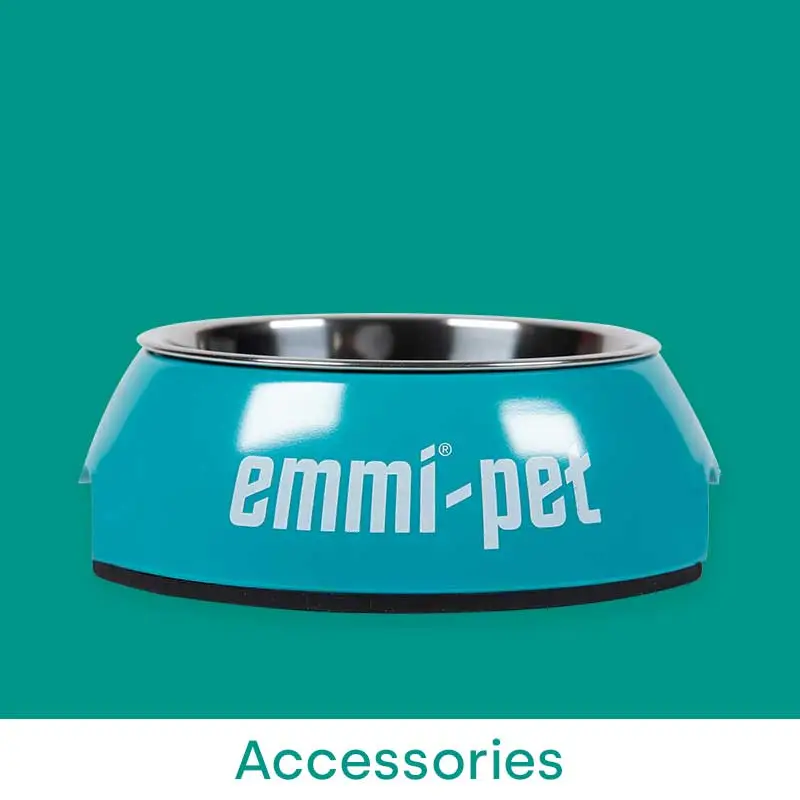
Urinary tract disease is a common problem in cats, which can be stressful for both your pet and you as the owner. In this article, we'll give you tips on how to recognise, prevent and treat urinary tract disease in your cat and why a visit to the vet is essential.
1. Urinary tract disease in cats - recognizing the symptoms
Early recognition of symptoms is the key to treating urinary tract disease in cats. The most common signs include:
- Frequent or painful urination
- Blut im Urin
- Inappropriate urination outside the litter tray
- Licking the genital area
- Listlessness or irritability
2. Urinary tract disease in cats - prevention
Prevention is crucial to avoid urinary tract diseases in cats:
- Adequate fluid intake: Make sure your cat always has access to fresh, clean water. Cat fountains can help to encourage drinking behavior.
- High-quality nutrition: A balanced diet that is tailored to your cat's needs can help, prevent urinary tract diseases. Diets with a low magnesium content and special urinary diets can be useful for cats with a tendency to urinary tract disorders.
- Cleaning the litter tray regularly: A clean environment encourages regular urination, which is important to keep the urinary tract healthy.
3. Urinary tract diseases in cats - How to treat them
If you notice signs of urinary tract disease in your cat, it is important to see a vet immediately. The vet will make an accurate diagnosis and suggest the appropriate treatment, which can range from antibiotics and painkillers to special diets.
4. Urinary tract diseases in cats - Why specialist clarification is important
It is crucial that a vet investigates urinary tract disease in your cat as it can lead to serious complications. The vet can also determine whether it is a
- bacterial infection,
- Bladder stones or
- another cause.
Proper nutrition, adequate hydration and regular monitoring of your cat's health are crucial to prevent urinary tract disease. If there are any signs of problems, you should consult a vet immediately to ensure appropriate and professional treatment.

















